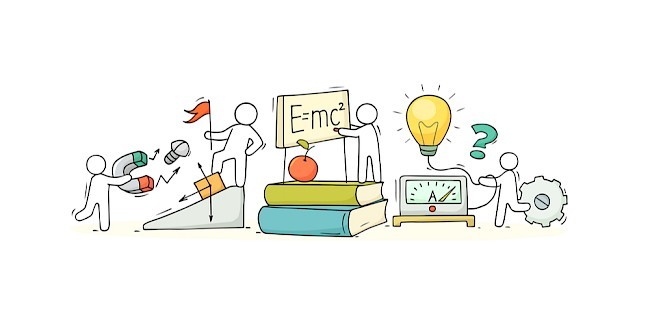Science is taught in units through a combination of whole class teaching, group and individual work. The skills of observation, discussion, debate and research are encouraged. In order to ensure the children receive a balanced science curriculum, it is essential that elements from each of the Attainment Targets be taught each year, with particular emphasis on Scientific Enquiry.
During the Foundation Stage, children begin to explore the world around them, with specific science work covered through the early learning goal “Knowledge and Understanding of the World. Throughout our science teaching we hope that our children will develop a sense of awe and wonder about the world around them.

Knowledge
Skills
Attitudes
Content
The content of the Furzeham Primary School Science program will be based on the strands and sub-strands of the Science Curriculum and Standard Frameworks 2 document. These are:
Biological Science, Chemical Science, Earth & Space sciences and Physical Science.
The Science program will be taught through:
The children’s progress will be assessed through teacher observation of student motivation and participation, and through different assessment tasks which reflect the understandings, skills and knowledge outcomes of each particular unit of work. These assessment tasks may take many forms among which may be:
The program will be evaluated in an on going manner in terms of:
It will be evaluated through: